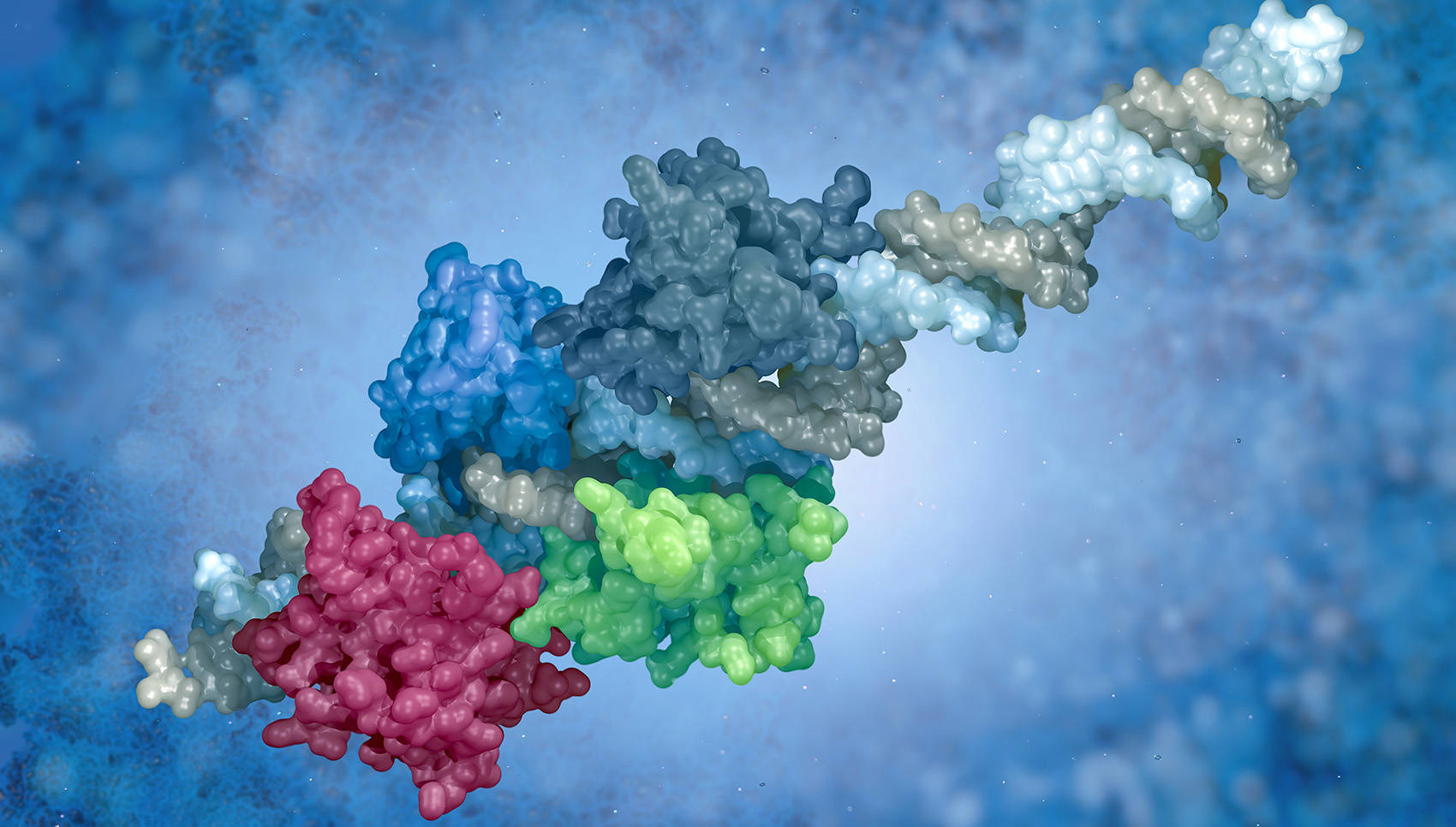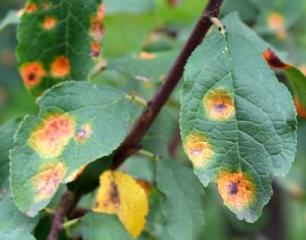
- Home
- Applications
- Protein Post-Translational Modifications in Plants
The survival of plants in harsh environments requires unremitting physiological regulation, and plant responses to various environmental stresses are mainly regulated by protein post-translational modifications (PTMs). They are central to the regulation of numerous cellular and physiological processes in plants through their impact on protein stability, gene expression, signaling, and interactions, and enzyme kinetics.

PTMs are a crucial molecular mechanism that greatly expands proteome complexity and are highly involved in the regulation of many biological processes in plants. To date, more than 300 types of PTMs have been identified in plants. Among them, phosphorylation is the most studied PTM in plants, followed by acetylation, ubiquitination and succinylation. Moreover, since cysteine modifications such as S-nitrosylation, S-sulfenylation and S-glutathionylation are important regulators of protein function, they have received increasing attention in plants in recent years. Protein PTMs play key roles in almost all biological processes of plants, including gene expression, signal transduction, cell differentiation, plant immunity, and other cellular events.

Plants have evolved complex and effective defense signaling networks to overcome the threat of pathogens. Protein PTMs enable a rapid and dynamic response of plant cells at the appropriate time and are the basis of plant immunity. The PTM system has been extensively studied in plants as a target for numerous pathogenic effectors. Protein phosphorylation, ubiquitination, and SUMOylation are the most well-studied PTMs, and other modifications including S-acylation, S-nitrosylation, N-myristoylation, glycosylation, acetylation, redox modification, and sulphenylation have also been shown to be closely associated with plant immunity. Changing specific patterns of PTMs has been reported to alter plant defense responses and resistance to disease.
The study of biological functions of PTM dynamics is of great importance for plant growth and development. We provide mass spectrometry (MS)-based PTM proteomics analysis services that can greatly accelerate the identification and quantification of plant PTM events. Specifically, our services support the following PTM profiling in plants, but are not limited to:
In addition to regulating most metabolic and physiological pathways in plants, such as RNA metabolism, carbon metabolism, and root growth, phosphorylation is paramount in plant immunity by modulating enzyme activity and signaling. Phosphorylation plays a crucial role in cell-surface pattern recognition receptors (PRRs) downstream responses. As a rapid and transient switch, it is essential in immune signal transduction.
Ubiquitination is another prominent modification in plant immunity. Ubiquitination is involved in endocytic trafficking and signaling, which is essential for innate immunity and its modulation. Ubiquitination is a component of the plant immune system that avoids excessive or inappropriate responses by regulating the turnover of proteins. For example, many E3 ubiquitin ligases are involved in plant immunity through ubiquitination for target substrates.
The pathogenic attack can lead to changes in the overall SUMOylome. In addition to ubiquitination, SUMOylation is another important PTM involved in modulating plant-pathogen interactions.
Many proteins are modified by many different types of PTMs in a coordinated manner, thereby working together to regulate biological outcomes, called PTM crosstalk. PTM crosstalk has been shown to be closely related to the rapid growth of plants and fine-tuning of their responses to different external and internal cues. At present, PTM crosstalk has been intensively studied in humans, animals and yeast, but the study of different PTM interactions in plants is still in its infancy.
Creative Proteomics is a leading custom service provider in PTM proteomics analysis. We are dedicated to accelerating customers' research in a comprehensive manner. If you are interested in our services, please feel free to contact us for more details.
References
Our products and services are for research use only.